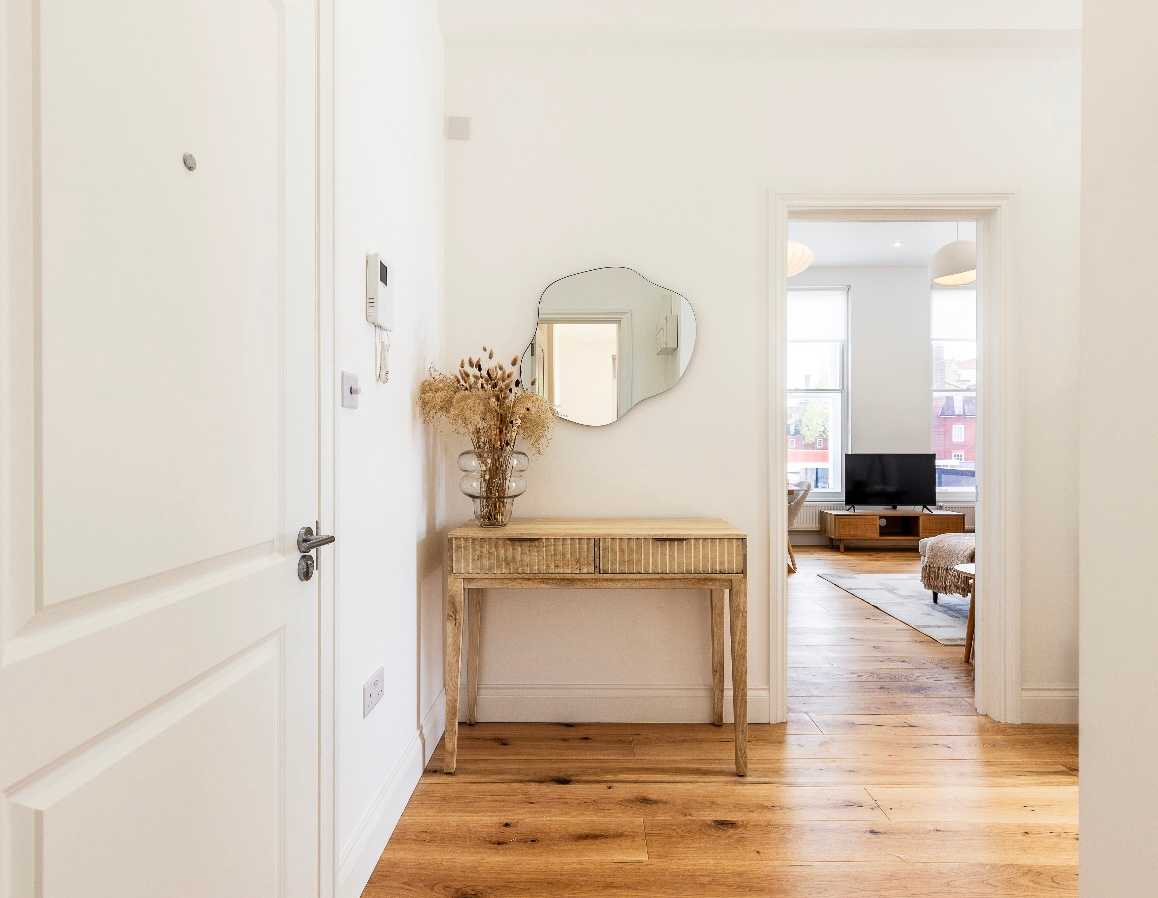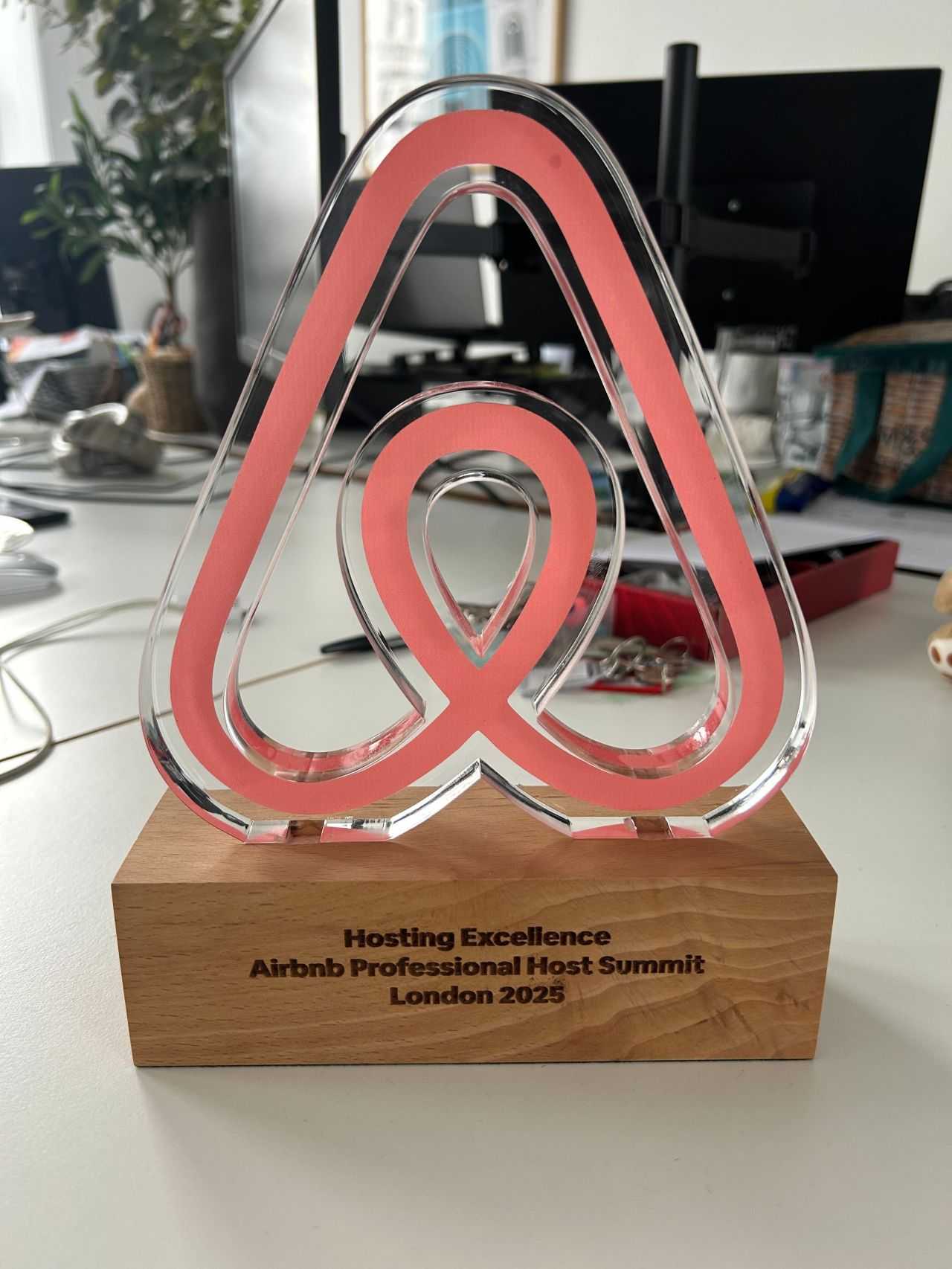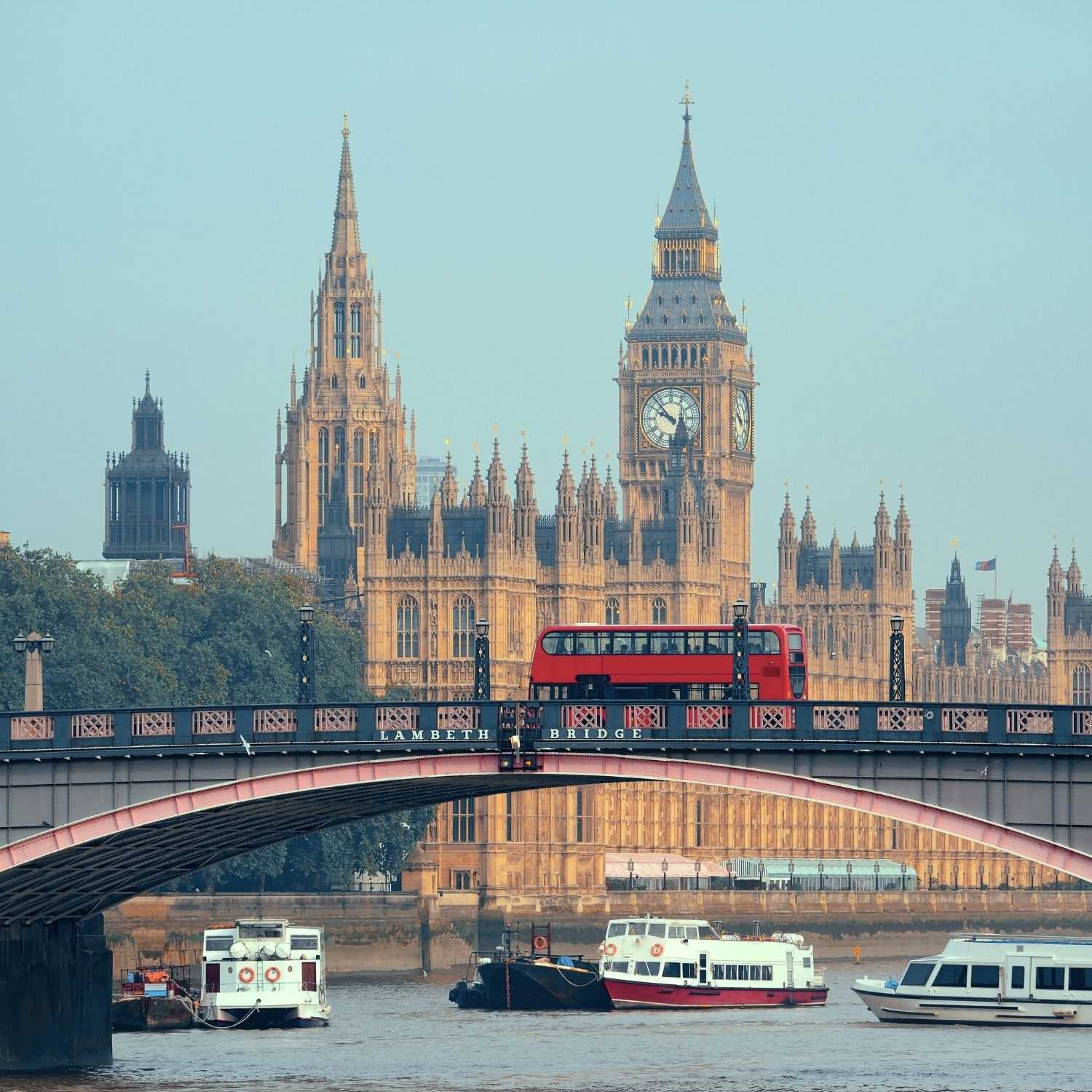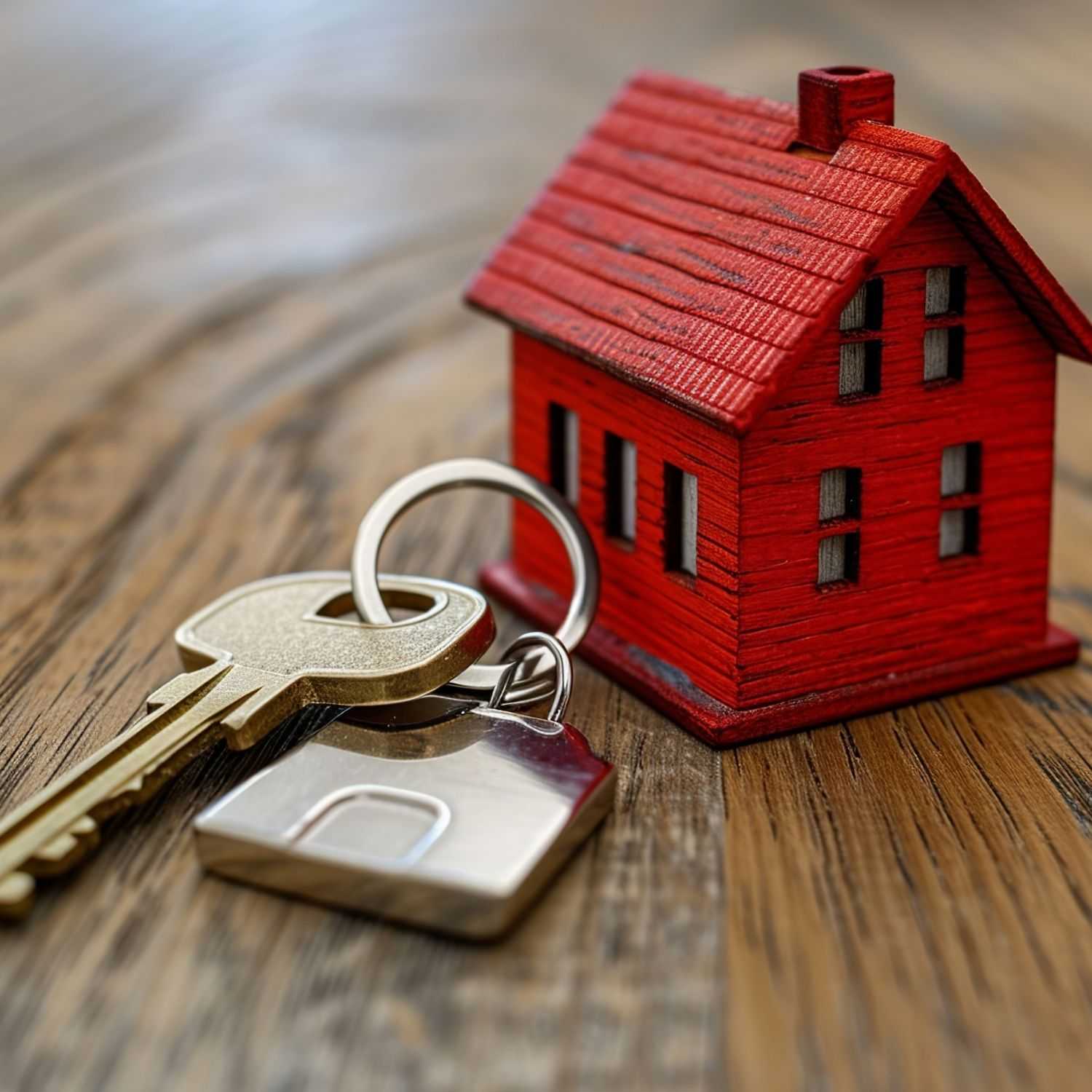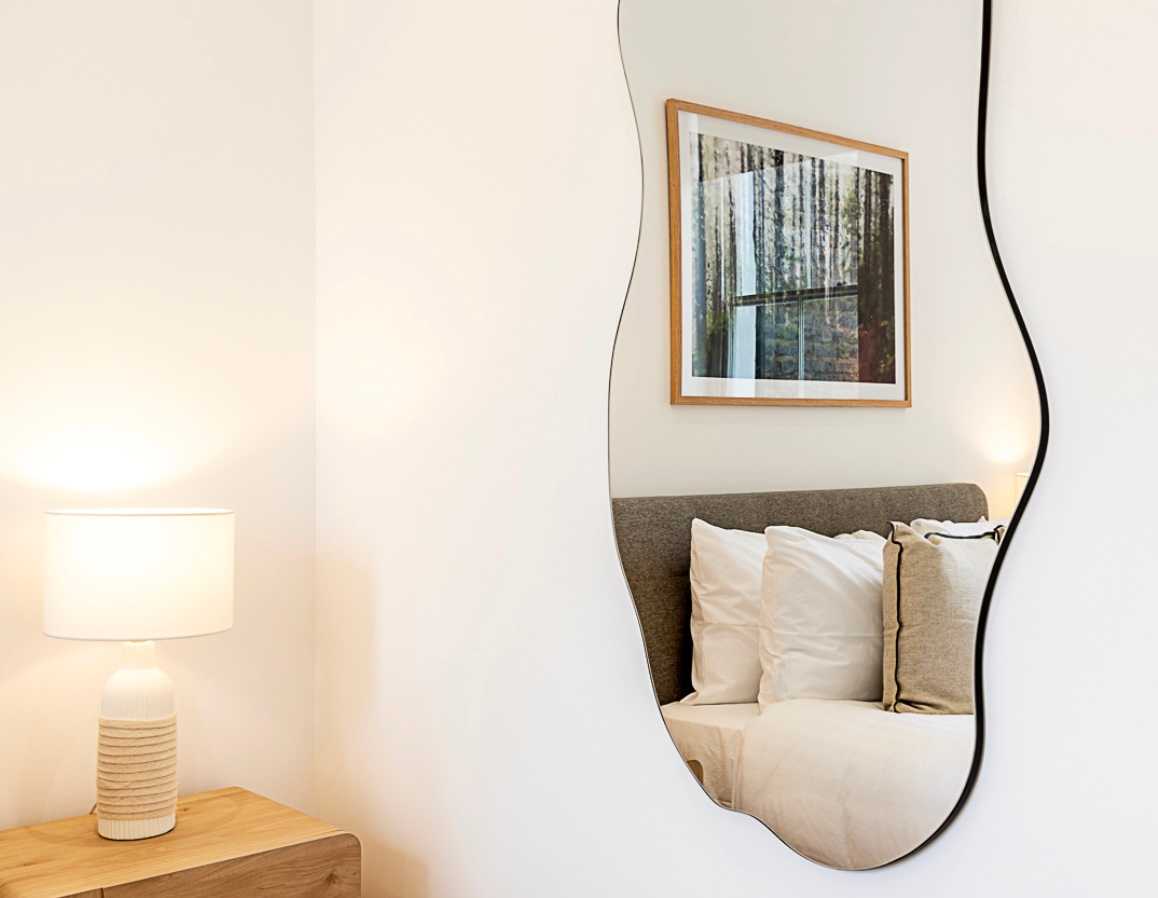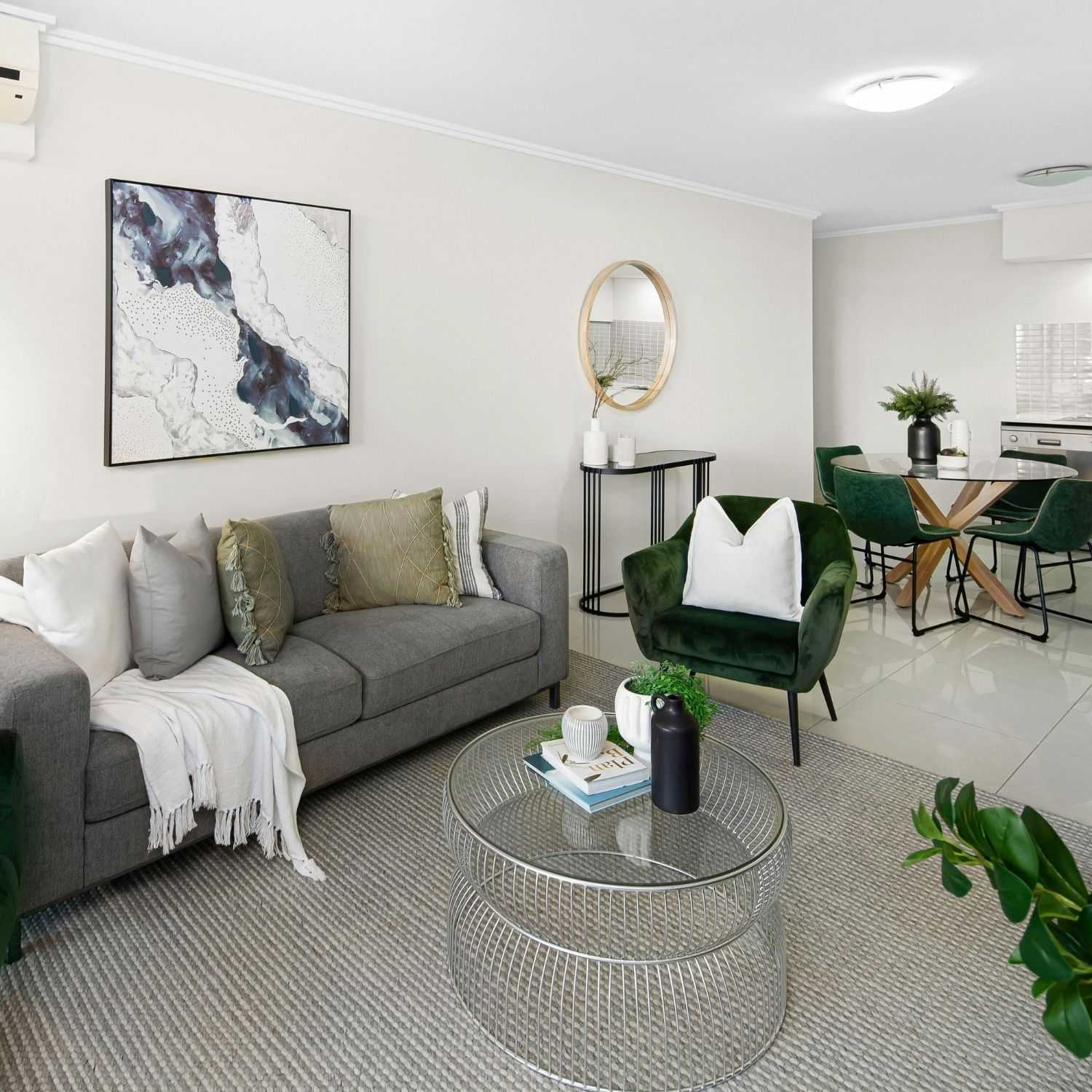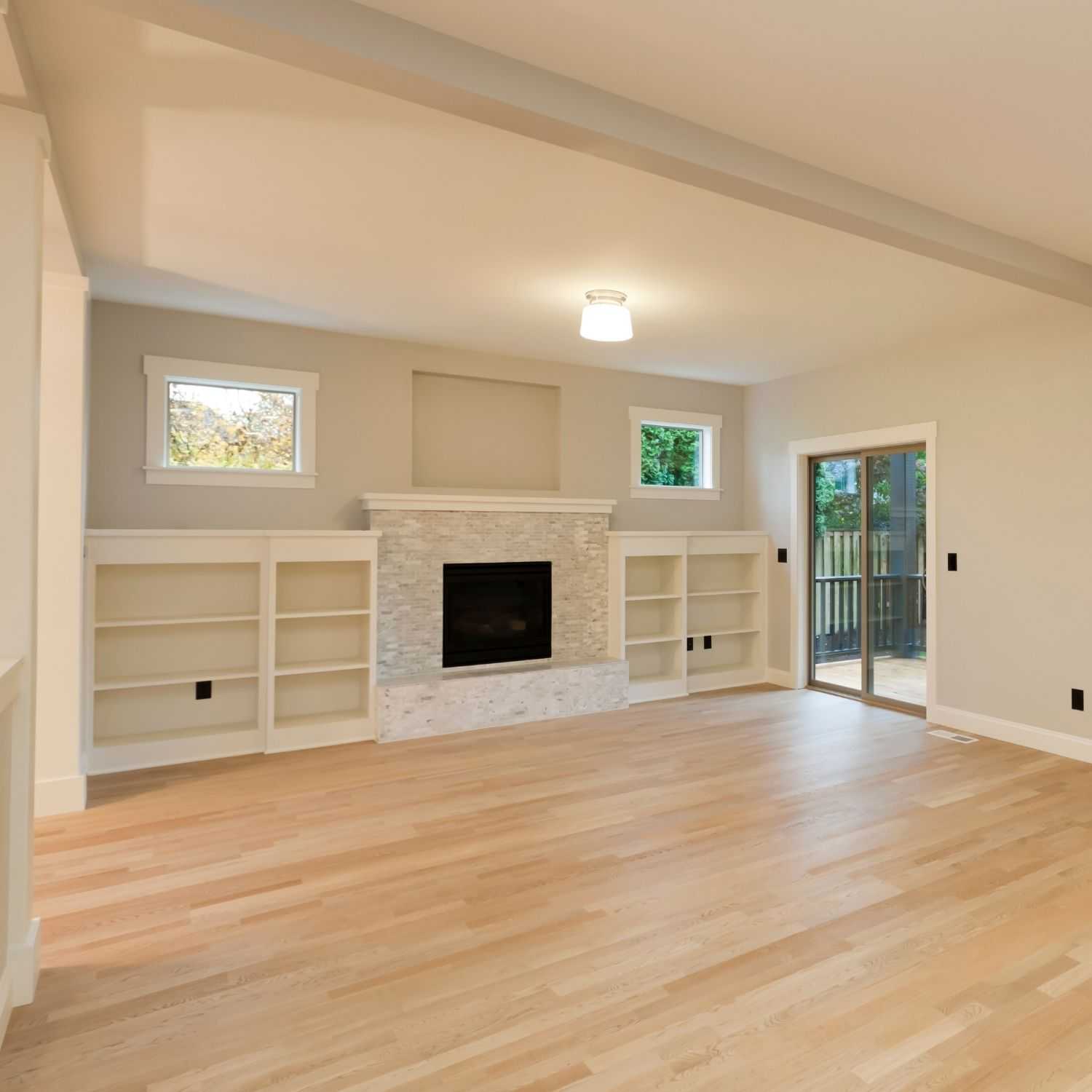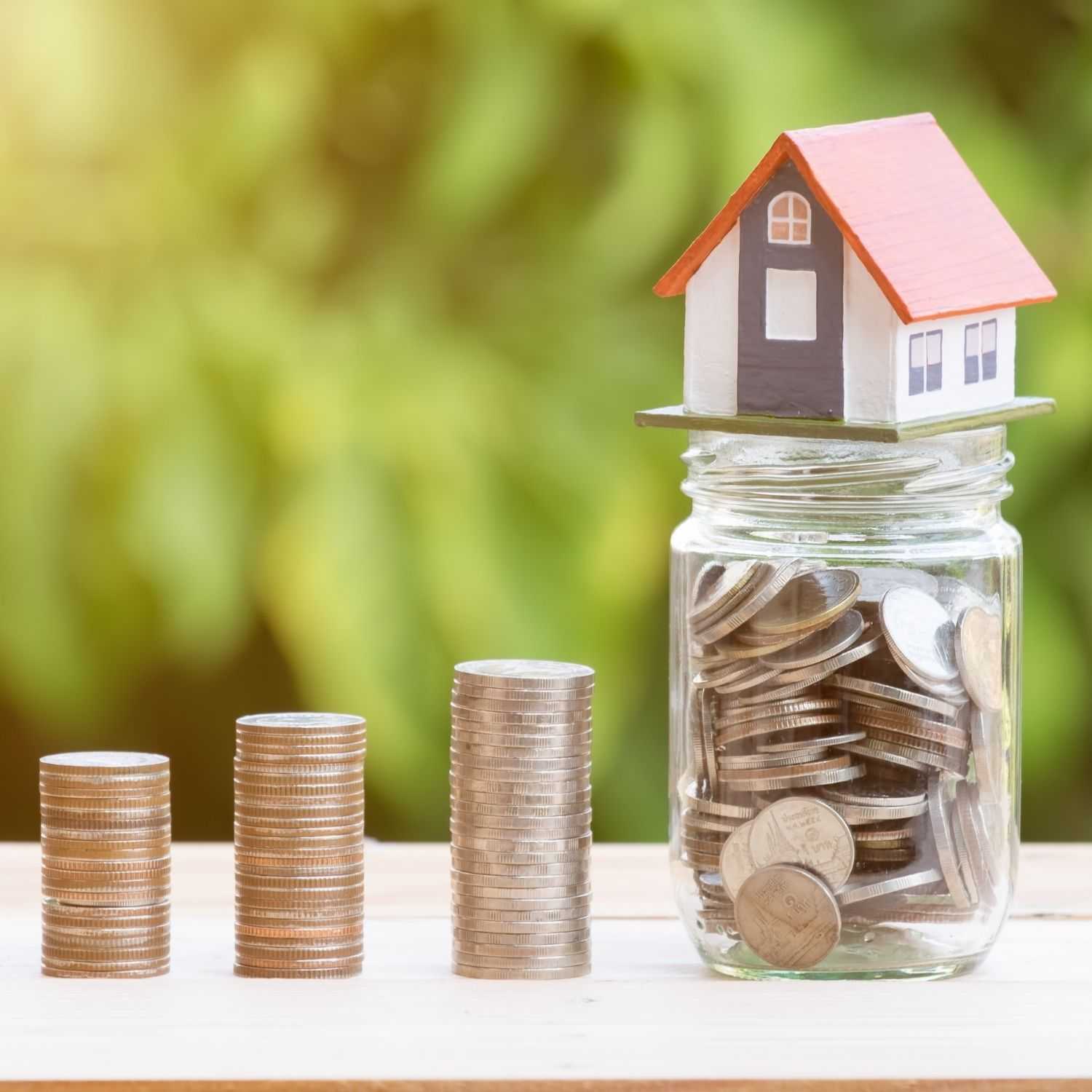Share post:
How to become an Airbnb host is a smart question. London remains one of the top destinations in the world and there’s a huge market for short-term accommodations. In 2024, 90.1 million guests stayed in short-term rentals in the UK.
If you have a property in the city that you’re not using, there’s a huge opportunity for you to earn extra income by converting it into an Airbnb rental.
Why does it have to be an Airbnb property?
Airbnb is a recognised brand in the short-term rental industry. In fact, Airbnb account for more than 50% of the overall online bookings. If you want your property to be profitable, you need to learn how to start and manage an Airbnb rental.
In this article, you’ll learn why you need to become an Airbnb host, the benefits of being one and expert tips to succeed in the competitive short-term rental market in London. You’ll also get answers to common questions about Airbnb hosting.
Why Learn How to Become an Airbnb Host
Becoming an Airbnb host involves more than just having a property to rent out. You need to learn how to make the property visually appealing and market it to the right people so you can maximise its occupancy rate and rental income.
An Airbnb host is responsible for several tasks that ensure the safety, comfort, and protection of their guests. In the process, you will also maintain the premium quality of your property.
This is why you need to take the proper steps to become the best Airbnb host in London. After you’ve set up your property and marketed it to attract more bookings, you need to learn how to manage it effectively. The way you manage your property has a direct influence on your guests’ experience.
If you can give them a positive and memorable experience, they can give your property a spectacular rating. Since guests pay attention to reviews, accumulating positive ones will make your property more appealing to potential guests. They’re more likely to choose your property over others.
When done right, Airbnb hosting gives the flexibility to earn a sizable rental income without disrupting your lifestyle. Whether you want to earn part-time or you want to turn it into a full-time business, you’ll get complete control over how and when your property will be used as an Airbnb rental.
You can rent the property to guests and still have the freedom to occupy it. You can also switch from short-term to long-term letting if that’s the preferred strategy.
The rewards of becoming an Airbnb host are endless, and it’s worth the effort to learn how to become one. It’s not just the monetary reward but also the wealth of experience that comes with the hosting journey.
What Are The Steps to Become an Airbnb Host?
If the idea of meeting new people and creating memorable stays for them appeals to you, it’s time to get started on your Airbnb hosting experience. Following the proper steps from the beginning will make the hosting journey smoother and much more profitable.
Here’s a deeper look at the five steps to becoming an Airbnb host.
Step 1: Conduct Market Research
Before creating an Airbnb listing, it’s essential to understand the local market. Research other Airbnb properties within the area. Analyse how similar properties are presented and what the reviews say about them. Are there more studio units or 1-bedroom flats?
Among the things you should consider are the following:
- Pricing. Pay attention to the nightly rates and any seasonal variations you should consider.
- Occupancy. Check how often the property is booked and what the reviews reveal about the guest’s stay.
- Amenities. Look at the features that make properties stand out, such as a bathtub, washing machine, or smart TV. Do they offer a workspace or access to a garden?
Step 2: Prepare Your Property
By understanding the available properties, you’ll know how to present and market your Airbnb rental so it stands out and attracts more bookings. You can start preparing your property for letting.
Take a tour of your property and note the necessary improvements and upgrades that need to be completed before launching your Airbnb property. As you do this, keep in mind the competition, your property’s features and the guest’s expectations.
Schedule a deep clean of the space and ensure it’s clutter-free. Choose the furniture and decor so it exudes a warm and cosy vibe. Although there’s nothing you can do with the windows, try to let as much natural light in as possible. Ensure the essential amenities are available (e.g., Wi-Fi, toiletries, hairdryers, kitchen basics, etc). You can also include a local guide and board games.
Don’t forget the safety requirements, such as carbon monoxide detectors, smoke alarms and fire extinguishers.
Once everything is set up, hire a professional photographer to capture the property’s best features. These photos will help you market the property and increase bookings.
Step 3: Create Your Airbnb Listing
The Airbnb listing is your shopfront. It will bring guests to your door, so you must ensure it presents your property in the best possible light. Setting up an Airbnb listing is a straightforward process. Airbnb provides clear and easy-to-follow instructions. You’ll need to set up the following:
- Create an account and set the location. This is the registration process that will set up your login details and add your property’s location to Airbnb’s global listing.
- Write a compelling title and property description. Consider the guests you want to accommodate in the property and their needs. Highlight the features that appeal to your guests’ preferences in the title and the property description. What you write will play a crucial role in securing bookings.
- Add high-quality photos. This is why a professional photographer is needed. You want to use high-quality photos that will entice guests to book a stay. Ensure there is a photo for each area of the property.
- Be clear about the house rules. Specify the check-in and check-out schedules, no-smoking policies, pet rules, noise limitations, and other relevant details. These will avoid misunderstandings in the future.
Once these are completed, set the right price. Check the average nightly rate in the location and consider the local demand. Airbnb offer dynamic pricing tools to help you maximise your earnings while staying competitive.
Step 4: Understand Legal Requirements
Compliance is part of an Airbnb host’s responsibility. London, in particular, has specific regulations around short-term letting. It’s crucial to stay compliant to avoid compromising your rental operations.
To begin, you must comply with the 90-day rule. This rule limits the short-term rental (less than 90 days per guest) to a maximum of 90 days per calendar year. Only those with planning permission are permitted to exceed this rule.
You should also inform stakeholders of the property, such as the mortgage lender and insurance provider, that you plan to rent out as a short-term let. This ensures restrictions will be addressed and won’t cause problems in the future.
Licensing and registrations are also necessary in some locations. Check with the local council to ensure you meet the requirements in the area. Other compliance requirements include gas safety, EPC, and fire safety. Ensure all these are covered so your guests and property are protected, and you can avoid penalties for non-compliance.
Step 5: Launch and Manage Bookings
After going through steps 1 to 4, you should be ready to go live. Launch your Airbnb listing and get ready to manage bookings. Market your listing and post it on your social media accounts.
Utilise dynamic pricing tools and learn how to adjust prices in response to demand, holidays, or local events. Set up a calendar management system to avoid double bookings.
Be prepared to respond to guest inquiries promptly and efficiently. You should also keep the communication channel open throughout the guests’ stay so that you can assist them with any issues or concerns.
When it comes to guest check-ins and check-outs, decide whether you want to welcome them personally or use smart lock systems for added flexibility. Provide clear key exchange instructions so that your guests know what to do upon arrival.
Finally, partner with a cleaning and maintenance team to prepare the property for the next booking. This ensures the next guest will arrive at a clean and cosy home. The housekeeping team can also replenish the toiletries and other amenities and set up a welcome basket.
Small things and details can sometimes make all the difference in elevating the guest experience. This can lead to positive ratings that can attract more bookings and increase rental income.
Ready to Start Airbnb Hosting in London?
Learning how to become an Airbnb host in London offers incredible benefits and rewards. You can earn a lucrative income and enjoy the flexibility of using your property as you see fit. However, you must remember that success requires thorough preparation, an adequate guest experience, and complete regulatory compliance.
Whether you plan to be a part-time or full-time host, you must follow the correct steps and complete the process to achieve your goals.
To elevate your hosting journey and ensure success, consider partnering with a reputable property management company like City Relay. We specialise in Airbnb management in London. We can streamline the hosting process, boost returns and manage everything for you.
Get a free rental estimate from us. We’d love to discuss how we can help you succeed as an Airbnb host.
FAQs
How much can I earn hosting in London?
Earnings will vary depending on the location, property type and season. The average nightly rate in London is £200. If you consider the 90-day limit, you can earn up to £18,000 a year. Beyond the 90 days, you also have the option to switch to long-term letting, which could add to your rental income.
Use a dynamic pricing tool to maximise your rental income while staying competitive.
Do I need special licences or approvals?
Yes. If you want to let out your property for more than 90 days, you can get planning permission. You should also check with your local council to determine the specific regulations that apply to your property.
Ensure your property also meets the mandatory safety standards, which include regulations for gas, electricity, and fire safety.
What startup costs should I expect?
Startup costs vary depending on the size of the property. The cost could go as high as £5,000. This includes furnishings, safety installations, linens, professional photography, and other related services.
Budget your investment and funds to ensure you achieve your return on investment (ROI).
Should I self-manage or hire a management company?
You can manage an Airbnb property even if you only do it part-time. However, hiring a property management company brings expertise, dynamic pricing tech, cleaning and maintenance services, marketing experience and compliance proficiency. It would be easier to increase your property’s occupancy rates and rental income if you work with a professional. By entrusting experts to handle daily operations, you can focus on growing your portfolio and enhancing profitability.
